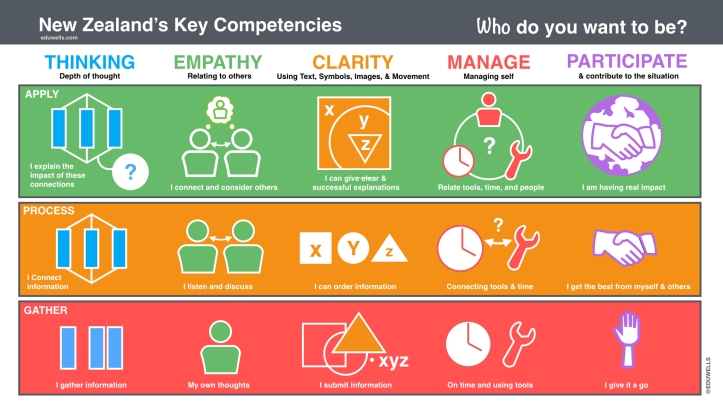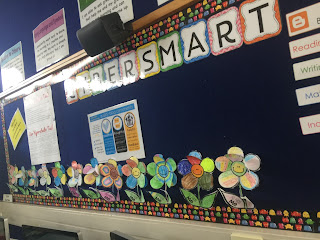Now that I am a teacher moments like these pop back into my mind from time to time and they made me do things differently. I am lucky and as is my class that our writing goes up in places like this. On a blog, a site or in a video that the world can see but is that purpose enough? This year I really wanted that kids to make meaningful connections with their writing.
So what was I to do. These kids had been blogging for year and well this was great they didn't see it as as meaningful as it was to those who read it. So I capitalized on what was most important to 8 year olds and we made new friends. We decided to write letters to a class in Rotorua about 3 hours drive South of us. I organised with a friend who teaches down there to buddy our kids so they could write to the same person many times.
A video we made:
Example Letter:
Dear Kate,
Dear Kate,
Kharizma left this school so I am going to write a letter to you. My name is Kiarah, this term we have been learning about music. We have been making instruments and making music. We found out what sounds the musical notes make. Our class have been playing recorder’s and it has been so much fun. We played these notes with the recorder's, a, b, d, c and g.
Sorry that she left. I hope you enjoyed my letter.
From Kiarah.
Here is our Christmas song we wrote for our friends.
This year we have been so privileged to have had to opportunity to write to a class in Rotorua. We have really enjoyed reading their letters and writing to them about our lives. I have been wonderful seeing how different people spend their time and learning about what Room 30 are learning.
Here is a little video we made for Room 30 to thank them and wish them a Merry Christmas.
We hope you like it Room 30!





















